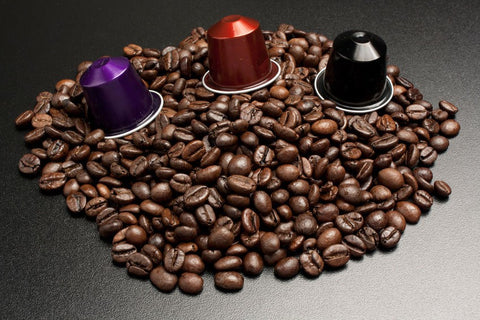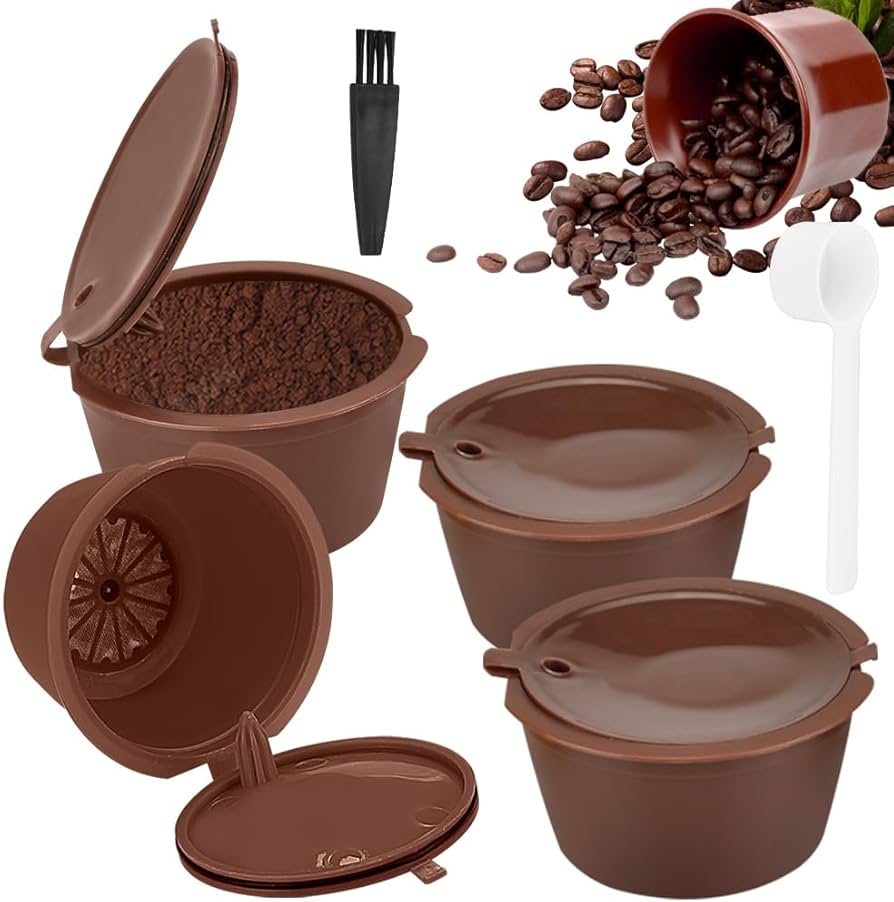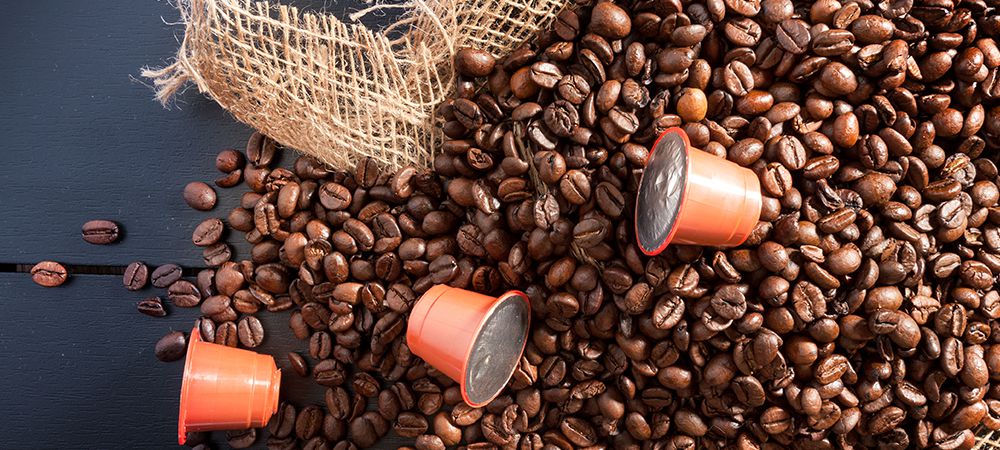In today’s fast-paced world, coffee capsules have transformed the way people enjoy their daily caffeine fix. These single-serving pods, once a luxury, have become a household and office staple, offering a quick and hassle-free coffee experience. However, while they bring convenience, questions surrounding cost, quality, and sustainability continue to arise.
The Convenience Factor
Coffee capsules, made popular by brands like Nespresso and Keurig, simplify the brewing process. Unlike traditional methods that involve grinding beans, measuring portions, and cleaning up, capsule-based machines allow users to prepare a cup of coffee with a single button press. The machine pierces the capsule, infuses it with hot water, and delivers a fresh brew in mere seconds.
The appeal lies in the efficiency and consistency of these capsules. Whether at home, in hotels, or in office spaces, coffee lovers can enjoy a reliable cup without requiring barista skills or expensive equipment. Furthermore, the variety of flavors and blends available in capsule form offers an easy way to explore different coffee profiles.
Why Coffee Capsules Are Popular
One of the main attractions of coffee capsules is their ease of use. Whether it’s a busy morning or a midday coffee break, users can quickly brew a cup without worrying about grinding, brewing time, or measuring coffee. The pre-measured portions ensure uniformity in taste and strength, making every cup identical to the last.
Additionally, premium coffee brands have embraced the capsule market, introducing specialty blends, single-origin options, and gourmet flavors. This accessibility allows coffee enthusiasts to enjoy high-quality brews without the need for sophisticated coffee-making equipment.
The Downsides: Cost and Environmental Concerns
Despite their benefits, coffee capsules have notable drawbacks. The cost per serving is significantly higher than buying ground coffee or whole beans. Over time, this can make capsule-based coffee an expensive choice for daily consumers.
Environmental concerns are another pressing issue. While some manufacturers now offer recyclable or compostable capsules, a substantial number still contribute to landfill waste. Efforts to mitigate this impact include recycling programs and the development of biodegradable alternatives, but these require consumer participation to be effective.


The Future of Coffee Capsules
As demand for sustainable products grows, the coffee capsule industry is adapting. Many brands are shifting toward environmentally friendly materials, refillable capsule designs, and ethically sourced coffee. Conscious consumers are also making informed choices, opting for reusable or biodegradable options where possible.
Ultimately, coffee capsules have changed the way people consume coffee, offering speed and convenience without compromising on taste. However, as their popularity increases, it is essential to strike a balance between ease of use, affordability, and environmental responsibility.
Whether you’re a busy professional looking for a quick caffeine fix or a coffee aficionado exploring different Flavors, coffee capsules provide a practical solution—though one that comes with important considerations.
Let me know your view on it and how do you think this will evolve in future? Or some different methodology will replace it? Please comment your view. Thanks for reading.

